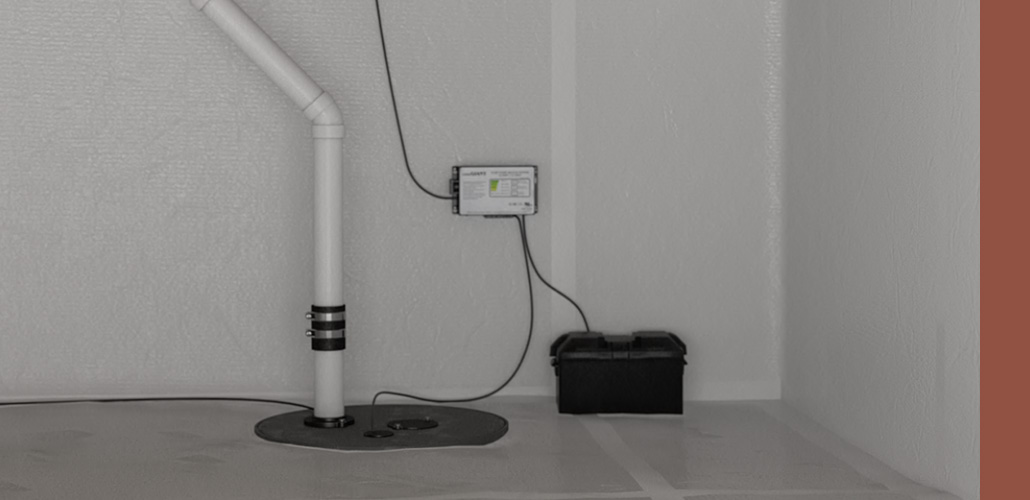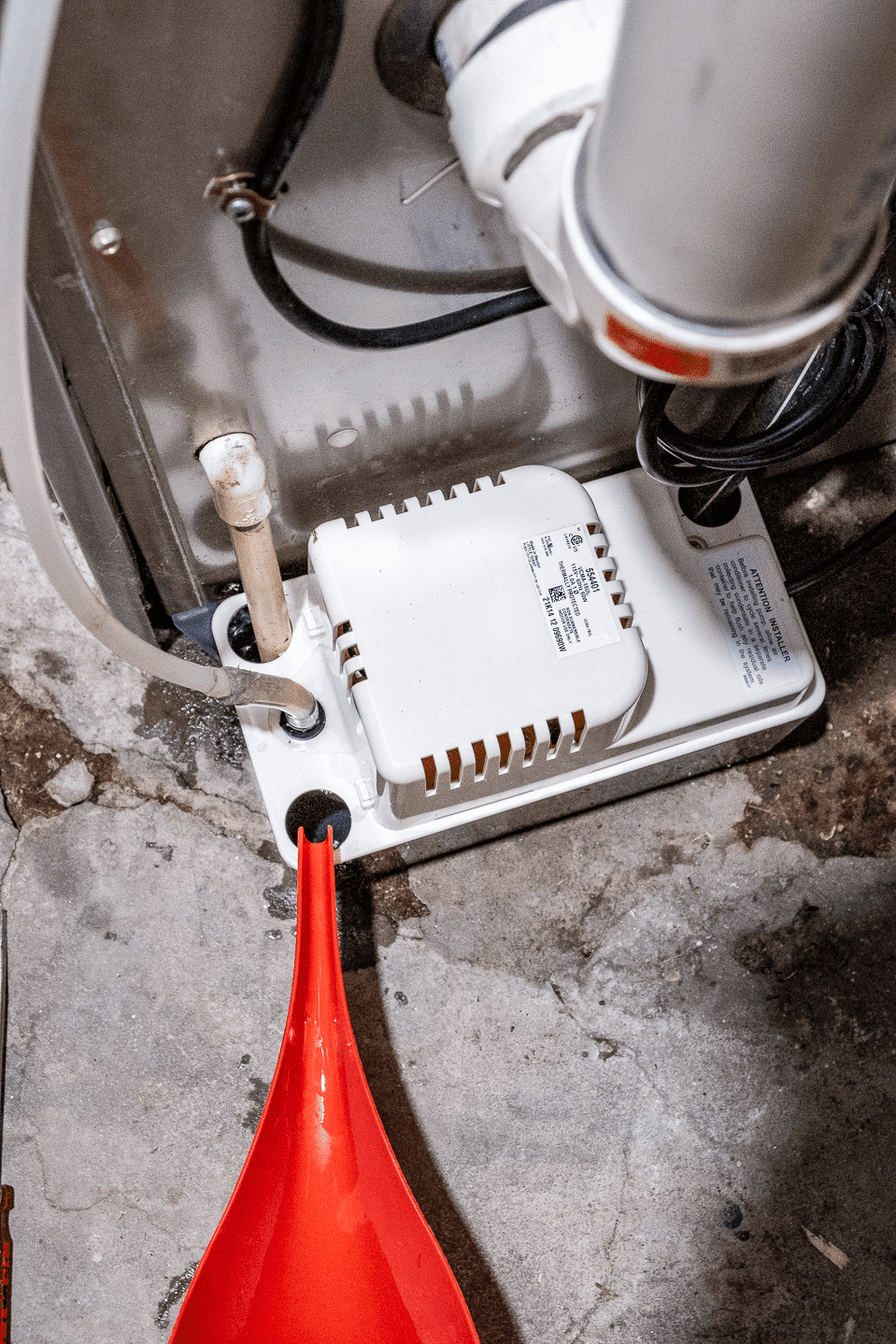Recognizing the Key Components of Effective Water Filtering Systems

Importance of Water Filtering Systems
Water filtering systems play a crucial function in making certain access to tidy and secure alcohol consumption water by efficiently getting rid of contaminations and pollutants. These systems are crucial in dealing with the expanding concerns over water high quality and the possible health and wellness dangers related to consuming polluted water. By making use of various filtering devices such as reverse osmosis, activated carbon, and UV sanitation, water purification systems can effectively remove hazardous materials like microorganisms, viruses, heavy metals, and chemicals from the water system.
Moreover, water filtration systems assist to enhance the preference and smell of water by eliminating chlorine, sediments, and various other toxins that can affect its quality. Water Filtration Systems. This enhancement in water high quality not only makes it a lot more tasty yet also encourages individuals to drink an adequate amount of water daily, promoting better hydration and overall health
Types of Filtration Elements

Physical filters are created to literally strain out pollutants from the water. These filters can be constructed from materials like ceramic, carbon, or perhaps sand, and they function by trapping bits bigger than the filter's pores as water travels through.
Chemical filters use different chemical procedures to get rid of contaminants from the water. Examples include triggered carbon filters, which adsorb contaminations, and turn around osmosis membranes, which use pressure to different pollutants from the water.
Organic filters make use of living microorganisms like algae or bacteria to damage down raw material and toxins in the water. These filters are usually made use of in wastewater treatment plants or all-natural water purification systems.
Recognizing the different kinds of filtration parts is critical for selecting the most suitable water purification system for details purification demands.
Feature of Sediment Filters
Sediment filters play an important duty in water purification click over here systems by effectively catching solid bits suspended in the water. These filters are typically the initial line of protection in a filtering system, eliminating larger particles such as sand, silt, dust, and corrosion prior to the water moves through finer purification phases. By trapping these sediments, the filters avoid them from getting to downstream components, thus extending the life-span and performance of the entire system.
The function of sediment filters is important in maintaining water top quality and safeguarding sensitive devices from damage triggered by debris. In addition, by eliminating visible fragments, debris filters boost the clarity and taste of the water. On a regular basis changing or cleaning up sediment filters is vital to make sure optimum efficiency. Neglecting this maintenance can bring about clogging, minimized water circulation, and compromised filtering performance. Generally, debris filters are vital parts that contribute substantially to the performance of water purification systems.
Role of Activated Carbon Filters
Playing a critical duty in water filtering systems, triggered carbon filters contribute in removing contaminations and impurities from the water. These filters are created to adsorb and trap a variety of toxins, consisting of chlorine, volatile organic substances (VOCs), chemicals, and herbicides. The activated carbon product has a huge surface, permitting the reliable capturing of pollutants through a procedure called adsorption. As water goes through the filter, the triggered carbon holds and attracts onto the contaminations, guaranteeing that the water that appears on the various other side is cleaner and much safer for usage.
Activated carbon filters are extremely effective at boosting the taste and smell of water by decreasing chemicals that can affect its high quality. They are also capable of removing specific hefty steels like lead and mercury. In addition, these filters can assist prevent the buildup of bacteria and algae in water, additional boosting its total quality. Due to their adaptability and integrity, turned on carbon filters are a key component in making sure that water is detoxified to the highest requirements before reaching customers.
Understanding Reverse Osmosis Solutions
Reverse osmosis systems are sophisticated water filtration systems that use a sophisticated process to get rid of contaminants and pollutants from drinking water. These systems function by applying stress to the water, requiring it via a semi-permeable membrane. This membrane layer serves as an obstacle, enabling only distilled water molecules to travel through, while obstructing bigger molecules such as minerals, chemicals, and other impurities. Consequently, the water that appears on the other side is substantially cleaner and safer for intake.
In addition, reverse osmosis systems are fairly low-maintenance and can be mounted under the sink or in a main filtering system, supplying practical access to clean water throughout the house. In general, understanding just how reverse osmosis systems work can help people make notified choices about pop over to this site their water purification needs.
Verdict
In conclusion, efficient water purification systems are critical for making certain clean and safe drinking water. The essential parts of these systems include debris filters, turned on carbon filters, and turn around osmosis systems. By understanding the function and duty of each part, people can make enlightened choices when choosing a water purification system. It is important to prioritize the quality of water in order to promote total wellness and wellness.
Water filtering systems play an essential duty in making certain accessibility to clean and safe drinking water by effectively getting rid of pollutants and contaminants. By making use of different filtration devices such as reverse osmosis, triggered carbon, and UV sanitation, water filtration systems can efficiently get rid of hazardous materials like bacteria, viruses, hefty metals, and chemicals from the water supply.
Debris filters play like it a vital function in water purification systems by efficiently catching solid particles put on hold in the water (Water Softeners).Playing a crucial role in water filtering systems, activated carbon filters are critical in eliminating pollutants and pollutants from the water supply.Reverse osmosis systems are sophisticated water purification systems that use an advanced process to eliminate pollutants and contaminations from drinking water